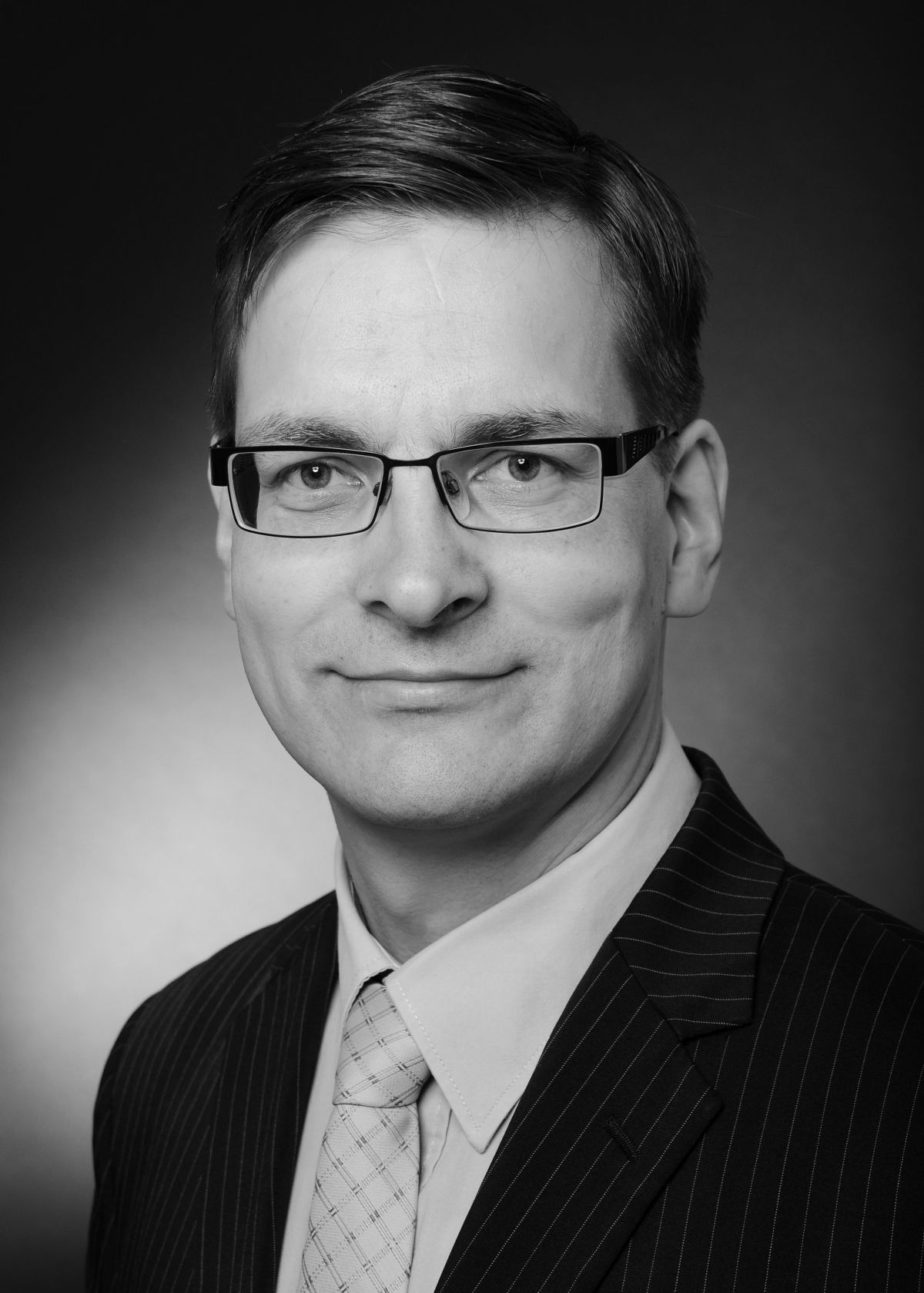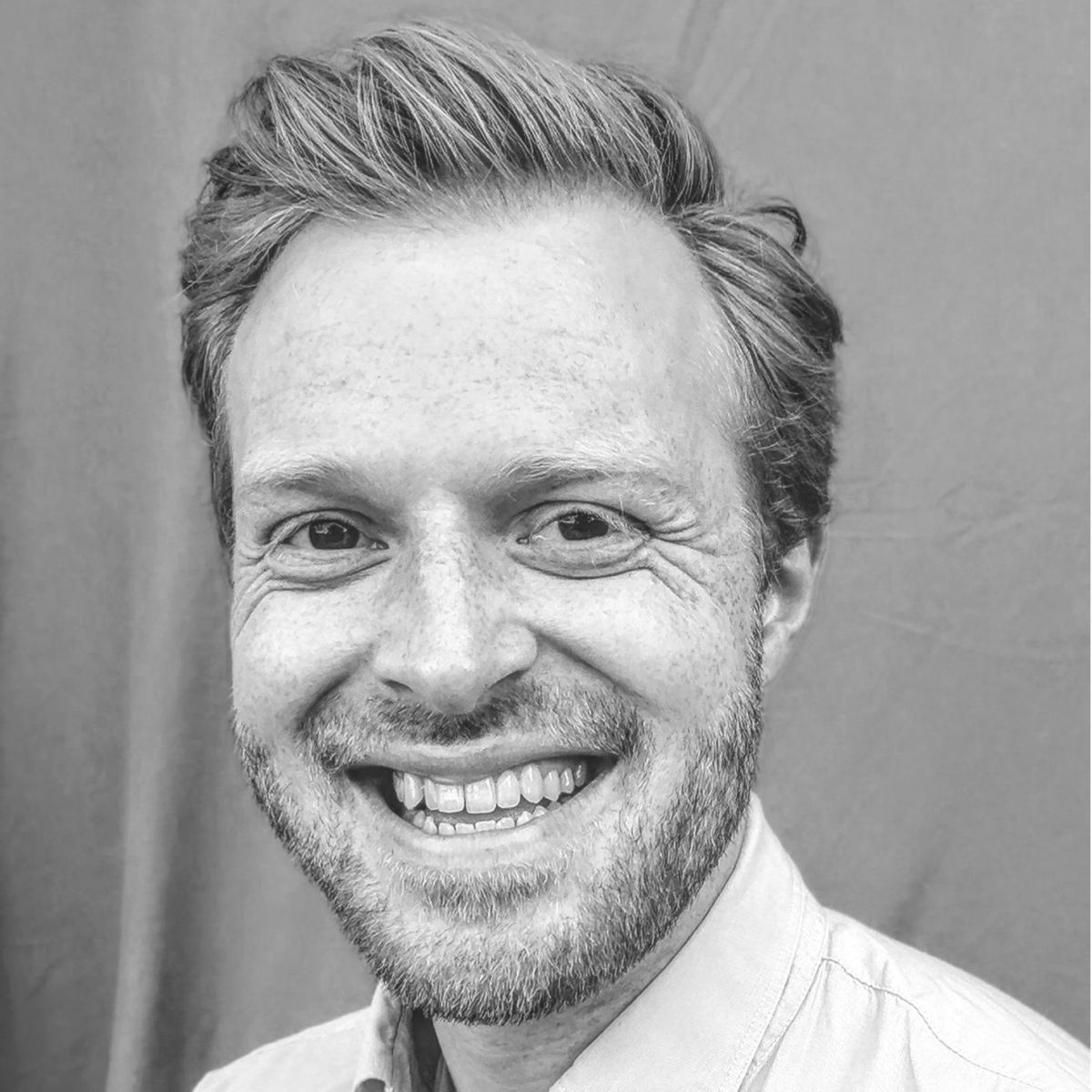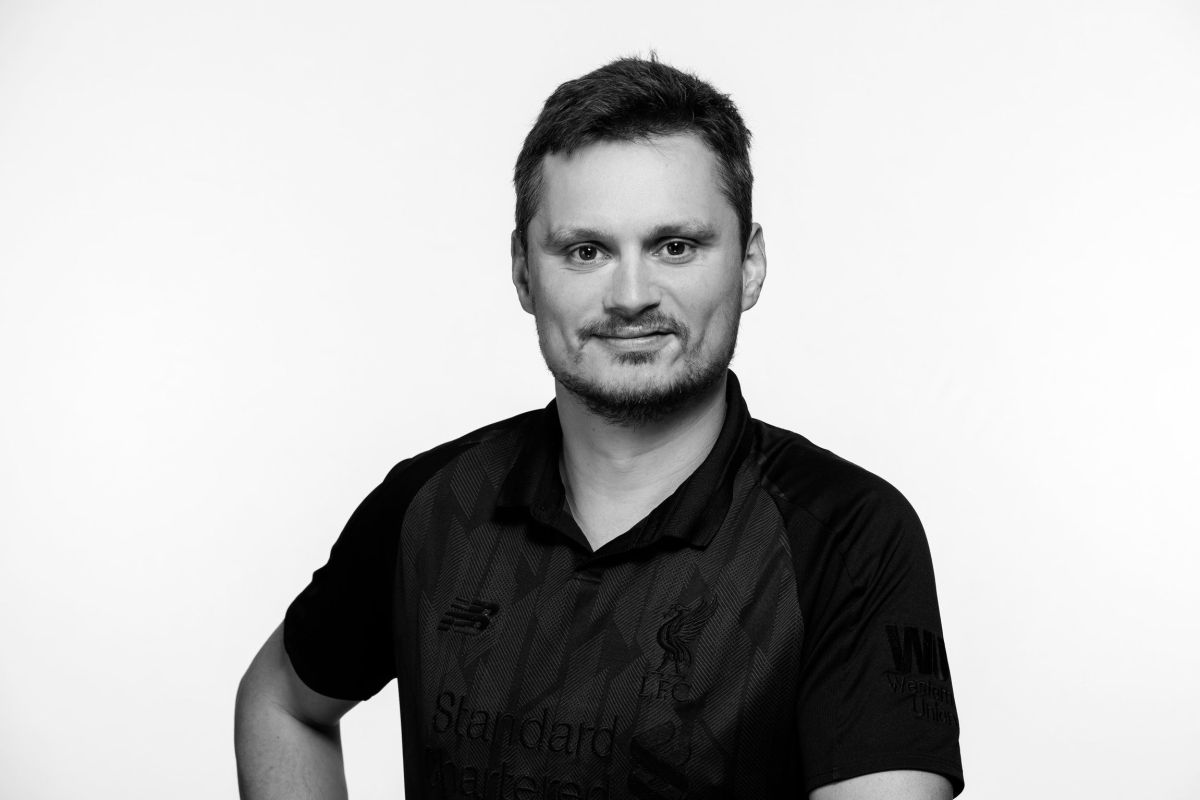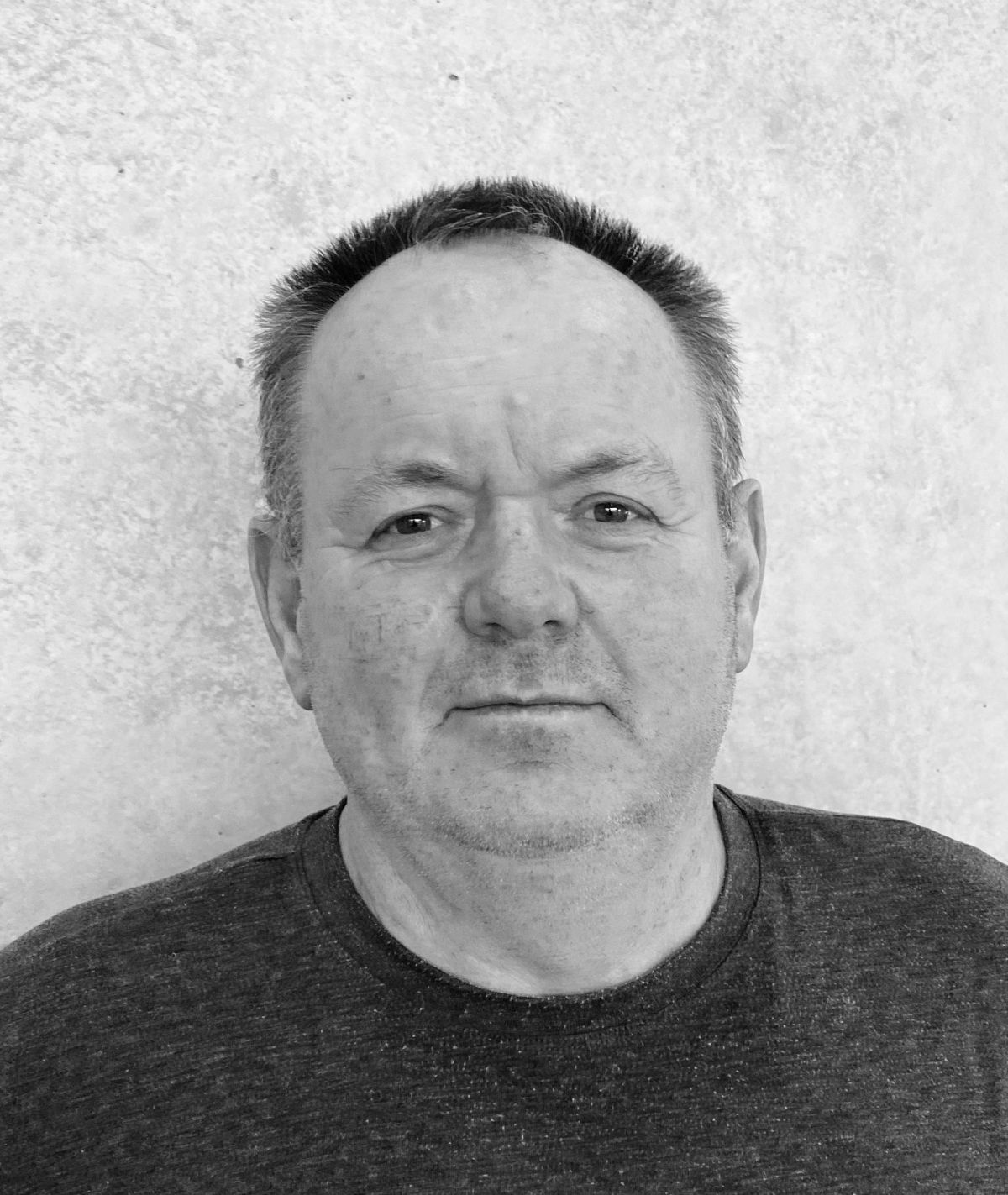The development of the cultivation compartments for the f4f cultivation system for f4f food organisms marks a decisive milestone in the food4future research project. The aim is to create shape-variable and modular indoor cultivation systems that enable flexible and sustainable urban cultivation of a wide variety of f4f food organisms. These cultivation systems are to be used both as stand-alone solutions, in multilayer shelves and in co-cultivation systems, thus ensuring resilient food cultivation in urban areas.
Urban bio-trees for food production in a subway station. (Illustration: headland for food4future)
Significant progress was made in the first project funding phase of food4future. It was possible to develop laboratory samples for saltwater-based indoor cultivation systems that were created using natural fiber-reinforced composites (two or more materials bonded together) and simultaneous functional integration, including LEDS, into the composite materials using printed electronics. These materials enable the production of robust yet environmentally friendly compartments that are optimally adapted to the needs of organisms such as halophytes, macroalgae, jellyfish and house crickets. The second project funding phase builds on these foundations and specifically extends the previous prototypes. New compartment designs with flexible and organism-specific inserts are being developed to best meet the environmental needs of different organisms. At the same time, the focus is on sustainable materials that not only reduce the environmental impact and use of resources, but also integrate recycling and upcycling concepts.
Special focus is also placed on the renewable power supply for the cultivation systems: Small wind turbines and photovoltaic systems are integrated into the overall concept for this purpose. With the help of intelligent control systems based on weather forecasts, energy consumption is dynamically adjusted. Processes such as heating or lighting are preferably carried out when sufficient energy from renewable sources is available. This not only optimizes energy requirements, but also minimizes access to external power grids. In addition to technical development, the integration of smart technologies is also being driven forward. Modern sensors monitor key parameters such as temperature, humidity, light intensity or pH value and enable precise control of the entire system.
In the Future Food Living Lab, the prototypes developed are tested under real conditions, optimized and tested for their practical suitability. The aim is to bring these innovative technologies to market maturity and thus make an important contribution to global food security. At the same time, they show how sustainable and cycle-oriented approaches can revolutionize the use of resources - an important step towards a resilient society.
Contact
Fraunhofer IAP, Forschungsbereich Polymermaterialien und Composite PYCO
Schmiedestr. 5
15745 Wildau
pmp Projekt Gesellschaft für Projektentwicklung und Generalplanung mbH
Max-Brauer-Allee 79
22765 Hamburg
Websites
www.iap.fraunhofer.de, Forschungsbereich PYCO
www.pmp-architekten.de
Project duration
Oktober 2024 - September 2028
Interaction with f4f & associated partners
ATB, IGZ, ZMT
InnoMat GmbH

Prof. Dr. Christian Dreyer
Project manager
christian.dreyer@iap.fraunhofer.de
T +49(0) 3375 2152-280
Prof. Dr. Christian Dreyer is Deputy Head of the Polymer Materials and Composites PYCO research department at the Fraunhofer Institute for Applied Polymer Research IAP and Professor of Fiber Composite Material Technologies at the Technical University of Applied Sciences Wildau. In addition to the development of new fiber-reinforced lightweight materials, his work focuses on researching alternative curing methods for reactive resins using UV radiation and microwaves. At food4future, he is project manager for the PYCO research area and head of the Urban Biorooms work area.

Dr. Theresa Förster is a materials scientist and research associate in the Polymer Materials and Composites research department at the Fraunhofer Institute for Applied Polymer Research IAP. In food4future, she supports the development of sustainable fiber composite materials.

Dr. Felix Behrendt is a polymer chemist and research associate in the Polymer Materials and Composites PYCO research department at the Fraunhofer Institute for Applied Polymer Research IAP.

Andreas Bernaschek
Lightweight engineering, design and manufacture of f4f compartments

Ralf Borges
Technician, prototype construction
Fricke A., Psarianos M., Sabban J., Fitzner M., Reipsch R., Schlüter O.K., Dreyer C., Vogt J.H-M., Schreiner M. and Baldermann S. (2022) "Composite materials for innovative urban farming of alternative food sources (macroalgae and crickets). (Front. Sustain. Food Syst.)
doi:10.3389/fsufs.2022.1001769
